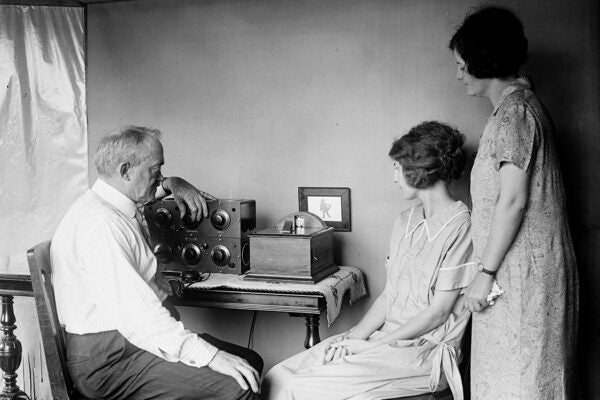If someone is experiencing extreme exhaustion, feeling down and also having a lower performance at work, they may be suffering from burnout. While people with certain jobs, especially health care workers, may be experiencing new higher rates of burnout, the issue has a few decades of research behind it.
Can having good co-workers mitigate some of the effects of burnout? According to research by organizational behavior experts Claude Fernet, Marylène Gagné, and Stéphanie Austin, it depends on the person.
At a college in Québec, Canada, 380 employees completed a questionnaire about the quality of their relationships with coworkers, work motivation, and job burnout. Two years later, 276 employees completed the same survey, around of which 153 employees were new to the college. Altogether, some 32 percent of employees completed both questionnaires.
The researchers found that factors such as gender, length of employment, and job type played a role in how relationships affected someone at work (race was not accounted for in this study). For instance, female employees showed lower de-personalization (“negative, cynical, and detached attitude toward other people or the job itself” ) than men, and people who had been employed by the college for a longer period of time “reported lower quality of relationships with coworkers and lower self-determined motivation” than newer colleagues.
However, the study does suggest that having strong relationships with others can shield some workers from emotional exhaustion at work, but they aren’t a solution for everyone.
“High quality of relationships with colleagues and self-determined work motivation were negatively associated with emotional exhaustion and depersonalization, but positively related with personal accomplishment,” write Fernet, Gagné, and Austin.
Weekly Newsletter
For employees who “do not experience pleasure or do not find personal meaning in their work,” the team suggests based on the results of their questionnaires, that “high quality relationships with coworkers may help them cope with their work experiences and reduce the likelihood of burnout.” On the flip side, for workers with high levels of motivation and self-determination, these positive relationships with colleagues “appear unnecessary to avoid burnout.”
So, there isn’t a single solution for ameliorating work burnout. Moreover, when addressing the issue at workplaces, the researchers remind us that “the issue of individual characteristics at work generates unique information about how to develop effective interventions to reduce burnout.”
Read Next
Workplace Burnout is Nothing New
Support JSTOR Daily! Join our new membership program on Patreon today.








